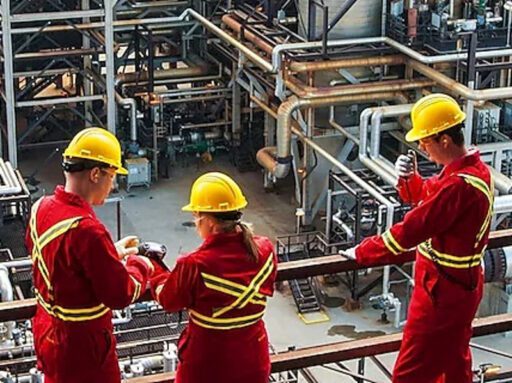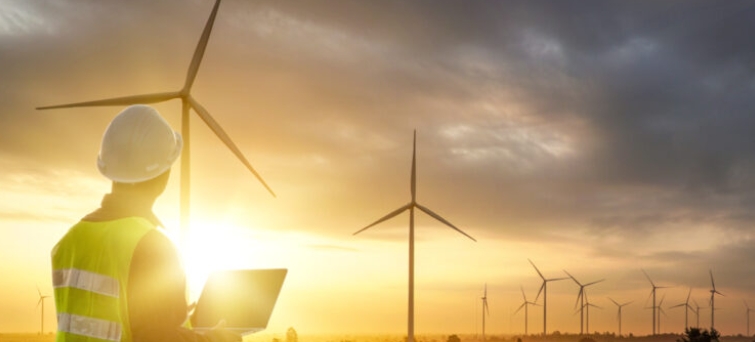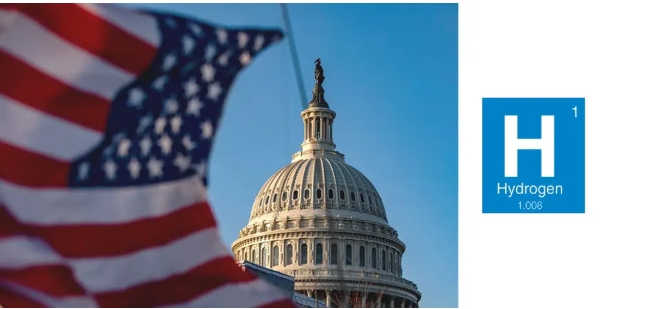The Polaris carbon capture project will be located at the Shell Energy and Chemicals Park in Scotford, about 40km northeast of Alberta’s capital, Edmonton.
Polaris should capture approximately 650,000t of CO2 annually from the Shell-owned Scotford oil refinery and chemicals complex.
The Atlas carbon storage hub is to be developed in a 50/50 partnership with ATCO EnPower and in the first phase is intended to provide permanent underground storage for CO2 captured by the Polaris project.
“Carbon capture and storage is a key technology to achieve the Paris Agreement climate goals,” said Huibert Vigeveno, Shell’s Downstream, Renewable and Energy Solutions Director.
“The Polaris and Atlas projects are important steps in reducing emissions from our own operations.”
The Polaris carbon capture project is planned to reduce Scope 1 emissions by up to 40% at the refinery and up to 22% at the chemicals complex.
The CO2 emissions captured by Polaris will be sent to the Atlas Hub via a 22km pipeline to two storage wells approximately 2km underground in the Basal Cambrian Sands, a highly porous and permeable aquifer that extends throughout central and southern Alberta that has attracted increasing interest for CCS as well as for geothermal operations.
In a potential future phase, the Atlas hub could be expanded to store carbon for partners and third parties.
Shell reports that these projects will build on the Shell-operated and 10% owned Quest CCS facility at Scotford, which has been in operation since 2015 with storage in the Basal Cambrian Sands.
The facility has captured and stored more than 9Mt of CO2 – approximately 1Mt annually – from three hydrogen manufacturing units within the bitumen upgrader within the complex.
The Polaris and Atlas projects are expected to begin operations toward the end of 2028.








